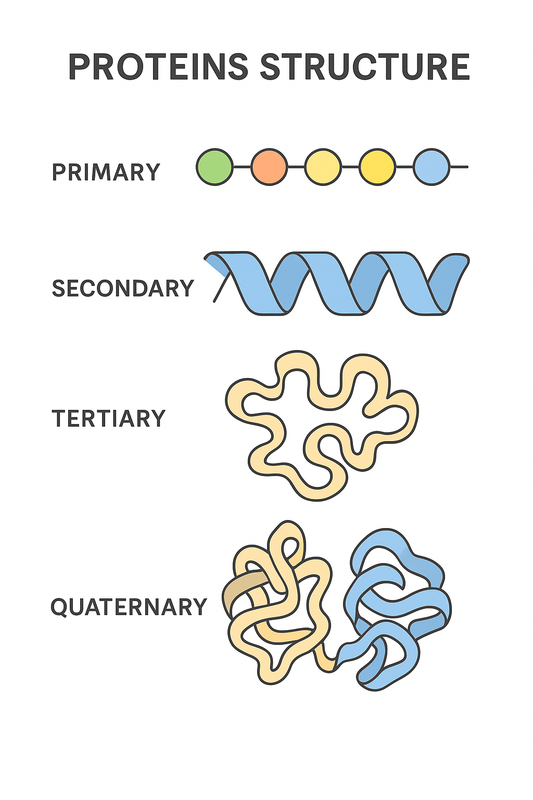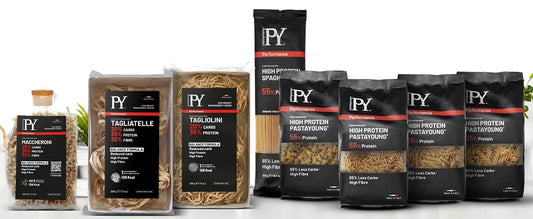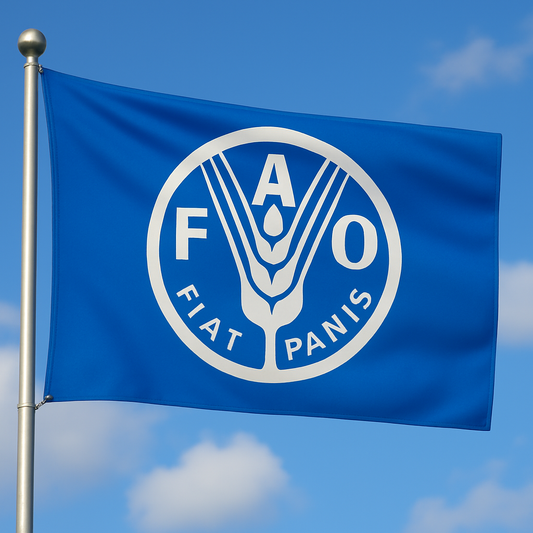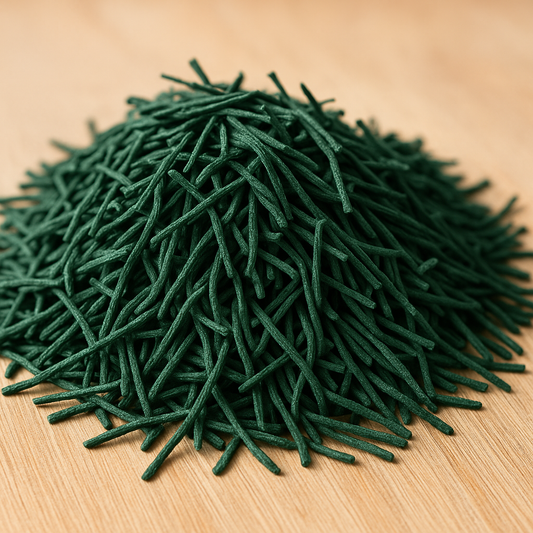
Chitin: Debunking the Myths and Embracing a Nutritious Ingredient
Share
Chitin, a naturally occurring polysaccharide found in the exoskeletons of crustaceans, insects, and some fungi, has long held a fascination for scientists and food enthusiasts alike. While its potential as a sustainable and nutritious food source has been recognized for decades, concerns about its safety and digestibility have hindered its widespread adoption. However, in recent years, scientific research has shed light on chitin's properties, dispelling many of the myths surrounding this unique ingredient.
Myth: Chitin is Carcinogenic
One of the most persistent myths about chitin is that it is carcinogenic, a claim that has been repeatedly debunked by scientific research. Multiple studies have concluded that chitin and its derivatives, such as chitosan, have no carcinogenic properties and do not induce cancer cell growth or promote tumor development (1, 2, 3). In fact, some studies have suggested that chitin may even possess anti-cancer properties, due to its ability to stimulate the immune system and reduce inflammation (4, 5).
Myth: Chitin is Indigestible
While chitin itself is not directly digestible by human enzymes, it can be broken down by the enzymes produced by our gut bacteria. These breakdown products, including soluble chitin fragments and chitosan, can provide a number of health benefits, including:
- Improved Gut Health: Chitosan can bind to cholesterol and bile acids, helping to remove them from the body, reducing cholesterol levels and improving gut health (6).
- Reduced Inflammation: Chitin can stimulate the production of beneficial gut bacteria, which play a role in reducing inflammation throughout the body (7).
- Increased Nutrient Absorption: Chitosan's ability to bind to water and oil can enhance the absorption of nutrients, such as calcium, iron, and fatty acids (8).

Harnessing Chitin's Nutritional Benefits
In addition to its potential health benefits, chitin is also a rich source of insoluble fiber, which is essential for maintaining a healthy gut microbiome and promoting digestive health (9). Insoluble fiber adds bulk to stool, facilitating a smooth digestive process and preventing constipation.
Chitin also possesses prebiotic properties, meaning it serves as a food source for beneficial gut bacteria. These beneficial bacteria play a crucial role in overall health, influencing immune function, metabolism, and mental well-being (10).
Unlocking Chitin's Culinary Potential
Chitin's unique properties make it an attractive ingredient for food applications. Its ability to bind water and oil provides a thickening and stabilizing effect, making it suitable for use in various food products, including sauces, dressings, and snack bars. Chitin can also be used to create edible films and capsules for food packaging and nutrient delivery.
Conclusion
Once considered a niche ingredient, chitin is emerging as a promising food source with a wide range of potential benefits. By dispelling myths and exploring its nutritional and functional properties, we can embrace chitin as a sustainable and innovative ingredient that can contribute to a healthier and more sustainable food future.
Scientific References:
- "Safety Evaluation of Chitosan and Chitin" by the Joint FAO/WHO Expert Committee on Food Additives (JECFA), 2006.
- "No carcinogenicity of chitosan in rats and mice after oral administration" by the National Cancer Institute, 2004.
- "In vitro and in vivo studies on chitosan and its derivatives as potential anti-cancer agents" by the International Journal of Biological Macromolecules, 2013.
- "Chitosan and immune function: mechanisms of action and clinical applications" by the Journal of Immunology Research, 2019.
- "Chitosan as a potential anti-inflammatory agent: a review of preclinical and clinical studies" by the Journal of Functional Foods, 2018.
- "Chitosan: A review of its applications and potential health benefits" by the International Journal of Biological Macromolecules, 2011.
- "Chitosan and its derivatives: role in gut health and inflammation" by the journal Nutrients, 2018.
- "The effect of chitosan on nutrient absorption in rats" by the journal Food Chemistry, 2004.
- "The role of insoluble dietary fibers in digestive health" by the journal Nutrients, 2019.
- "Gut microbiota and its role in human health: recent advances and future prospects" by the journal Clinical Microbiology Reviews, 2019.




